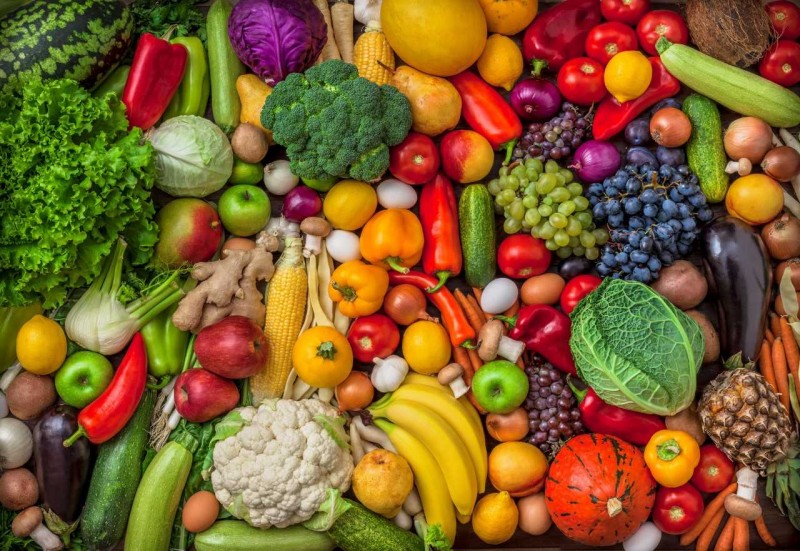
LIFESTYLE-HEALTH: In a comprehensive study, researchers found that individuals who follow a vegetarian diet, both men and women, face a 50% higher risk of hip fracture compared to those who regularly consume meat. The reasons behind this heightened risk for women remain unknown, and studies on the impact of a vegetarian diet on men have been inconclusive due to their limited scale.
To investigate this further, experts from the University of Leeds analyzed data from a sizable cohort of 413,914 individuals, comprising both men and women. The findings revealed that even among men, vegetarians had a higher risk of hip fracture compared to meat-eating men. The study also identified some factors that might contribute to the increased risk for vegetarians of both genders.
During the data collection phase between 2006 and 2010, participants provided detailed dietary information, categorizing themselves as regular meat eaters (consuming meat five or more times a week), occasional meat eaters (consuming meat less than five times a week), pescatarians (eating fish but no meat), or vegetarians (consuming dairy but not fish or meat). Subsequently, the data was linked to hospital records, and cases of hip fracture were monitored until 2021.
Among the 413,914 participants, there were 3503 cases of hip fracture, resulting in an overall incidence rate of less than 1 percent. Despite the low overall risk, a significant difference in hip fracture risk was observed between vegetarians and regular meat eaters.
The study revealed that vegetarians, regardless of gender, had a 50% higher risk than regular meat eaters, while occasional meat eaters faced similar risks to regular meat eaters. Pescatarians had a slightly higher risk than regular meat eaters, but the difference was not statistically significant.
To provide real-world context, the researchers calculated the predicted number of hip fractures in different groups. On average, 6.5 regular meat eaters and 6.5 occasional meat eaters were likely to experience a hip fracture, while 7 pescatarians and 9.5 vegetarians could expect the same.
James Webster, a doctoral researcher in the School of Food Science and Nutrition, who led the study, commented that "Hip fractures are a growing concern in an aging society, and they can lead to debilitating health conditions and a reduced quality of life. Although vegetarians face a greater risk of hip fractures than meat-eaters, this difference amounts to just 3 more hip fractures per 1000 people over 10 years. Considering the overall health benefits of a vegetarian diet, such as a lower risk of cancer and cardiovascular disease, these risks may still be outweighed."
Webster further suggested that a lower BMI could be a contributing factor to the higher risk among vegetarians. Also, vegetarians were about 17 percent less likely to meet protein recommendations compared to meat-eaters, emphasizing the importance of a well-balanced diet with sufficient protein intake and maintaining a healthy BMI for vegetarians to ensure healthy bones and muscles.
Professor Janet Cade, who heads the Nutritional Epidemiology Group at the University of Leeds and supervised the research, said, "Hip fracture is a major health concern, and diet may play a role in affecting risk. This study, utilizing data from the large UK Biobank, corroborates our previous findings, indicating that a vegetarian diet increases the risk of hip fractures in both men and women compared to regular meat eaters. While vegetarian diets offer numerous health benefits, understanding diet quality and ensuring an appropriate balance of essential nutrients may help mitigate risks and promote better bone health in the future."